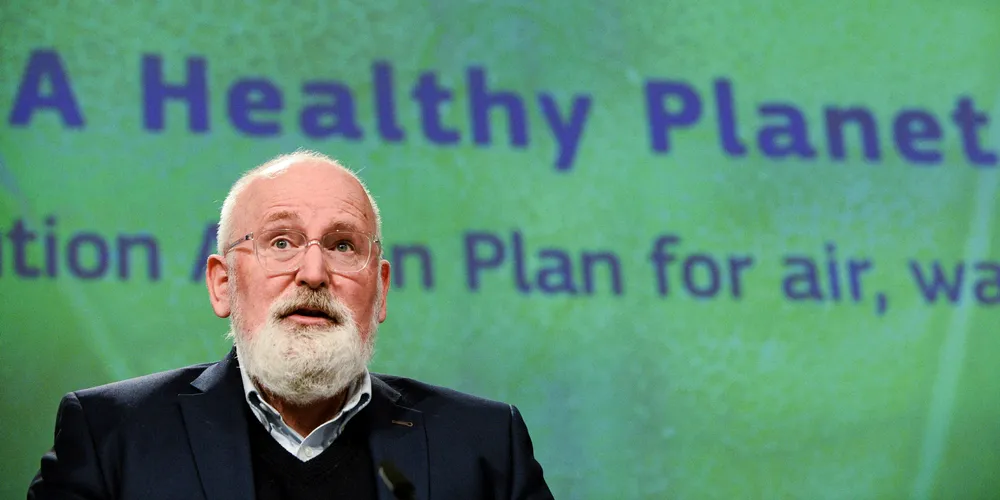EU to unveil new renewables targets, tax rules and carbon border adjustment this summer
European Commission vice-president Frans Timmermans gave the Eurelectric Power Summit a sneak preview of the forthcoming Fit for 55 package

European Commission vice-president Frans Timmermans gave the Eurelectric Power Summit a sneak preview of the forthcoming Fit for 55 package
